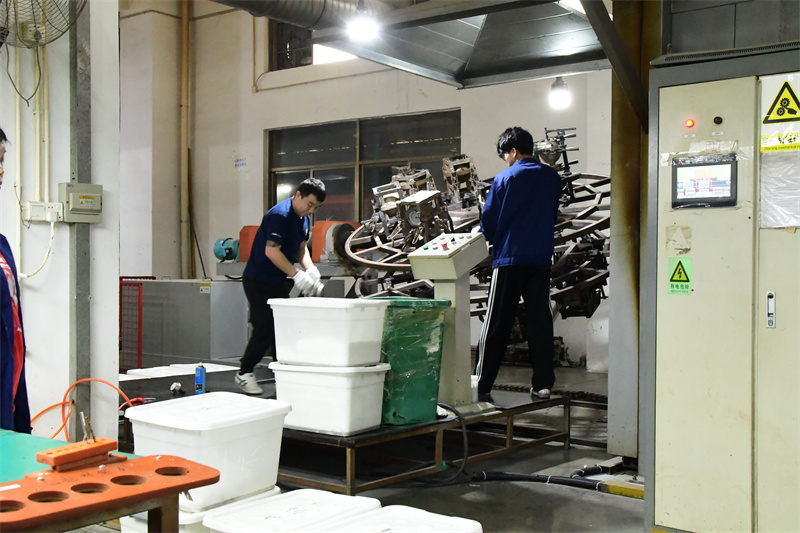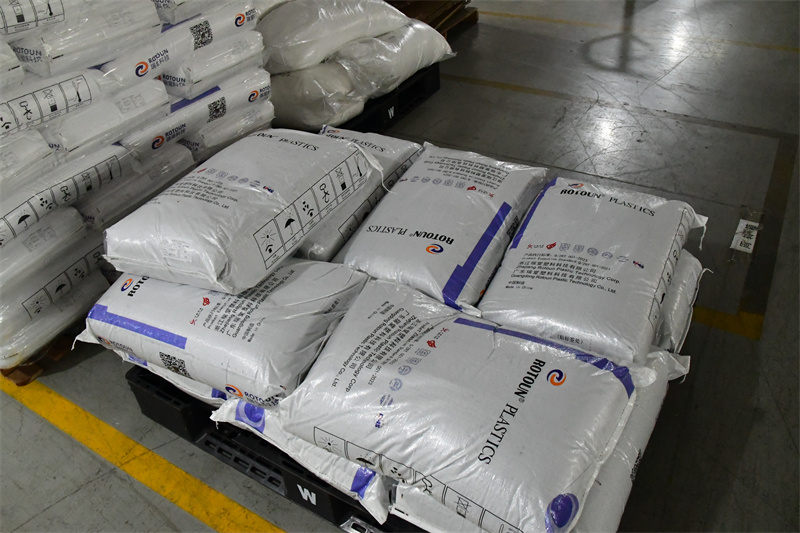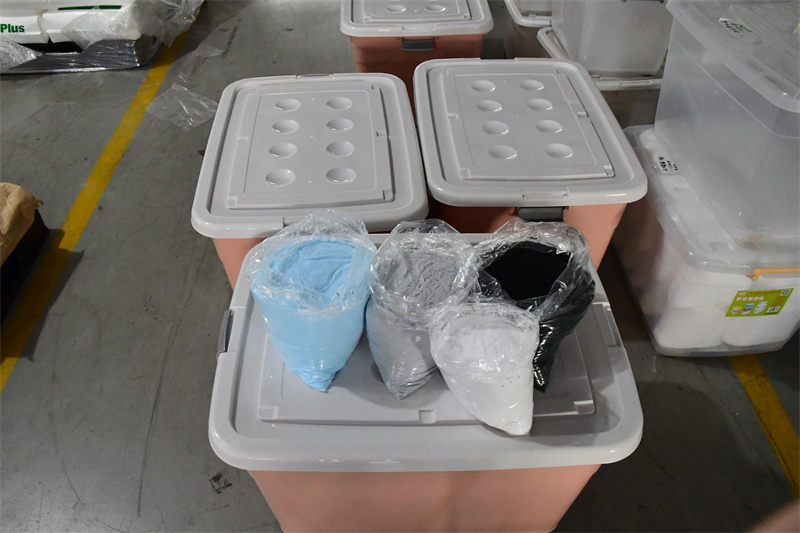How to Ensure the Proper Materials Storage in Rotational Molding Process
 Apr 22,2024
Apr 22,2024

How to Ensure the Proper Materials Storage in Rotational Molding Process
Proper storage of the raw materials used in rotational molding is crucial to ensure the quality and performance of the final product. Below are guidelines for storing materials in the rotational molding process.

Types of Materials Used in Rotational Molding
The most common materials used in rotational molding are:
1. Polyethylene (PE): This is the most widely used material in rotational molding due to its excellent chemical resistance, impact strength, and low-temperature properties. Polyethylene is available in different types, such as low-density polyethylene (LDPE), linear low-density polyethylene (LLDPE), and high-density polyethylene (HDPE).
2. Polypropylene (PP): Polypropylene is another popular material used in rotational molding due to its high heat resistance, good chemical resistance, and excellent mechanical properties. It is commonly used for parts that require high strength and stiffness.
3. Nylon: Nylon is a versatile material that offers excellent mechanical properties, including high strength, stiffness, and wear resistance. It is often used for parts that require durability and dimensional stability.

Guidelines for Material Storage
To ensure the quality and performance of rotational molded parts, it is essential to store the raw materials properly. Here are some guidelines for material storage
1. Temperature Control: Store materials in a temperature-controlled environment to prevent degradation and maintain their properties. Polyethylene and polypropylene should be stored at temperatures below their melting points, while nylon should be stored in a cool, dry place.
2. Moisture Control: Moisture can cause hydrolysis and degrade the material properties. Store materials in a dry environment and use desiccants or moisture barriers to control humidity. Polyethylene and polypropylene are more resistant to moisture than nylon, but it is still important to protect all materials from excessive moisture.
3. Container Selection: Use appropriate containers for storing materials. Containers should be clean, dry, and made of materials that do not react with the stored resin. Avoid containers made of metal, as they can cause contamination.

4. Material Handling: Handle materials carefully to prevent contamination and damage. Use clean equipment and avoid contact with skin, eyes, and other materials. Wear protective clothing and gloves when handling materials.
5. Inventory Management: Implement an inventory management system to track the usage and expiration dates of materials. This will help ensure that the materials are used within their shelf life and prevent the use of degraded or contaminated materials.
By following for material storage, manufacturers can minimize the risk of material degradation and maintain the desired properties of the rotational molded parts.
As a custom rotational molding factory, Light Venus has the well-established facility and rich experience in material storage to ensure the quality and performance of rotomolded products. If you would like to learn more about our custom rotational molding service, please contact us.
 Tel: 0086-13632687993
Tel: 0086-13632687993  Email: roto@lightvenus.com
Email: roto@lightvenus.com

 Home
Home Light Venus Adds Value to Custom Rotomolded Products with In-house Foaming Capabilities
Light Venus Adds Value to Custom Rotomolded Products with In-house Foaming Capabilities  You May Also Like
You May Also Like



 Tel
Tel
 Email
Email
 Address
Address








